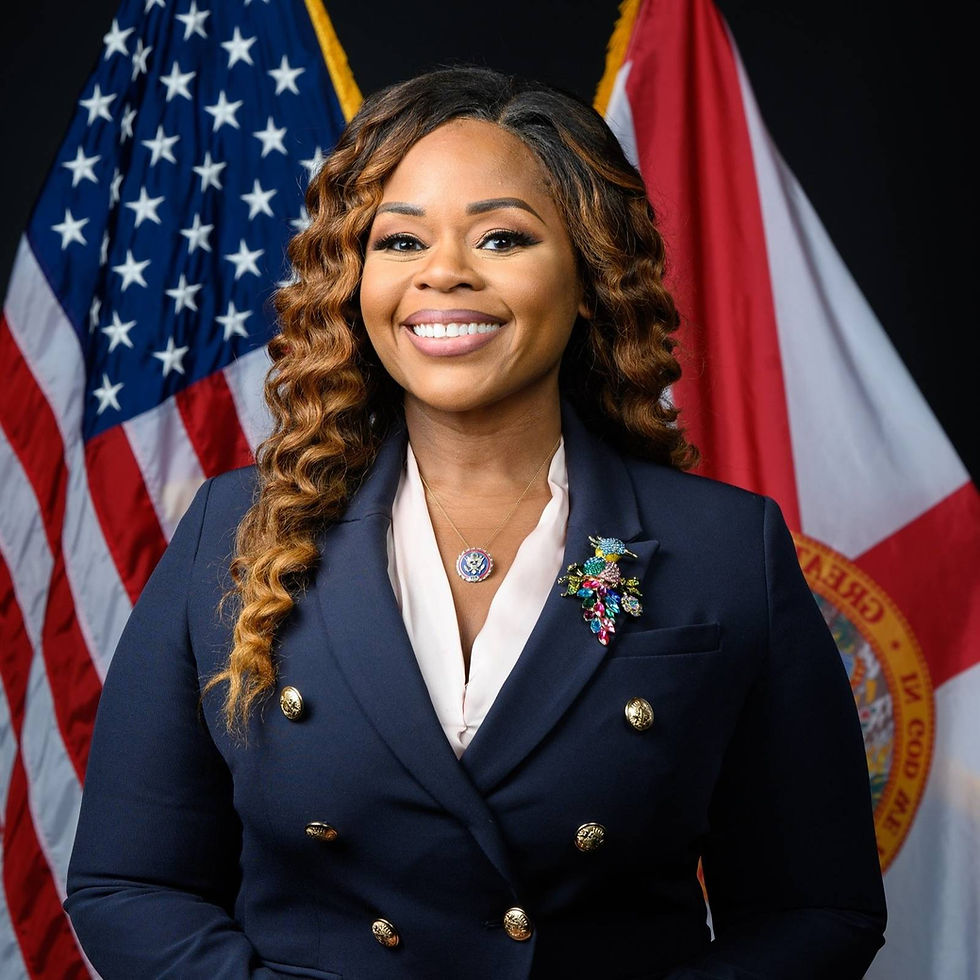Daniel’s Law Task Force Outlines Recommendations for Response to Behavioral Health Crises
- Staff Report

- Dec 23, 2024
- 3 min read

The release of the Daniel’s Law Task Force Report marks a pivotal step toward the potential transformation of how New York State addresses behavioral health crises.
The task force was formed following the 2020 death of Daniel Prude, a 41-year-old Black man who died during a police interaction in Rochester, prompting nationwide calls for reform.
Announced nearly a year ahead of schedule, the task force’s comprehensive recommendations are aimed at reducing law enforcement involvement in situations regarding mental health and substance use and recommends the implementation of a standardized, health-led crisis response system statewide, setting a new precedent for compassionate, trauma-informed care.
“Daniel’s Law represents a commitment to reimagining crisis response and prioritizing health over enforcement,” said of Dr. Ann Sullivan, Commissioner of the New York State Office of Mental Health. “This report provides a roadmap for building a trauma-informed system that ensures individuals in crisis receive the care they need without fear of harm.”
At the heart of the report is a call to establish health-led crisis response teams that would replace traditional law enforcement responses in most behavioral health emergencies. These teams, composed of professionals trained in behavioral health crisis services, would respond to 911 and 988 Suicide and Crisis Lifeline calls involving mental health or substance use issues. Law enforcement would only intervene in cases where there is a clear threat of violence.
To ensure the effectiveness of these teams, the task force recommends launching pilot programs tailored to New York’s diverse urban, suburban, and rural communities. These pilots would assess resource availability, engage local stakeholders, and prioritize partnerships with individuals who have lived experience to create a responsive system of care.
Additionally, the report emphasizes the creation of a Technical Assistance Center to provide guidance, training, and monitoring for communities implementing health-led crisis response models. This center would work alongside stakeholders, including the state Division of Homeland Security and Emergency Services, local communities, and 988 call centers. An advisory council composed of individuals with lived experience would ensure the system remains equitable and effective.
The release of the report has garnered significant attention across New York State. While the initiative has strong support from Democratic lawmakers and various advocacy groups, Republican lawmakers have expressed concerns regarding its implementation.
Republican legislators have raised questions about the feasibility and effectiveness of the proposed changes. Concerns include the potential strain on resources, the readiness of health professionals to handle crisis situations traditionally managed by law enforcement, and the overall cost of implementing such programs statewide.
Advocates argue that this approach will provide more appropriate care for individuals in crisis and potentially prevent future tragedies.
“Following the 2020 RPD killing of Daniel Prude, our community recognized that a health-led, non-police response, would have led to a different outcome—one in which Mr. Prude would’ve received the care he needed, and had the chance to heal and recover” said Rochester Councilmember Stanley Martin.
“I am encouraged by the Daniel’s Law Task Force’s recommendations, as they are in line with our bill and outline the necessity of a behavioral health response for individuals in a mental health or substance abuse crisis,” State Sen. Samra Brouk said in a statement. “By involving peers as trained, culturally competent individuals in the first line of response to such crises, we will reduce harm, address complex needs, and keep our public safe.”
Governor Kathy Hochul and state legislators are expected to review the report and begin prioritizing funding and legislative measures. Pilot programs could be launched as early as next year.
Read the full report here:https://omh.ny.gov/omhweb/daniels-law-task-force/

















Comments